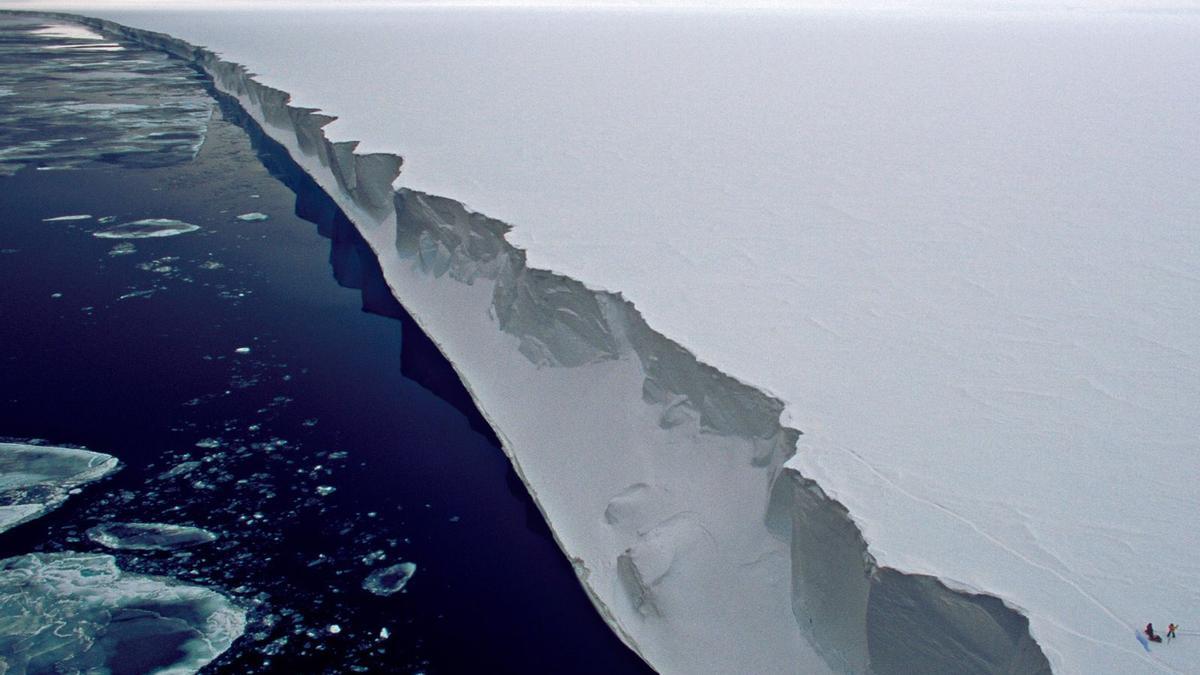A recent study published in Science Advances reveals that the melting of the Antarctic ice shelves, especially the Ross Ice Shelf, is accelerating due to the impact of ocean warming.
This phenomenon could significantly contribute to sea level rise, caused by the warming of the surface waters driven under the ice by the winds.
Research and Findings
Led by Peter M. F. Sheehan and Karen J. Heywood from the University of East Anglia, the research used the Seaglider SG613 (Marlin) to explore ocean conditions.
The robot got trapped in a current that took it under the ice shelf, allowing valuable data to be obtained on the infiltration of warm waters.
Impact of Ocean Warming
The study highlights the process of subduction of warm waters, where heated surface waters are pushed downward, melting the basal ice of the Ross Ice Shelf. This phenomenon, driven by the wind, has caused an ice loss of between 20 and 80 cm per year over the past 45 years.
Importance of the Ross Ice Shelf
The Ross Ice Shelf, one of the largest in Antarctica, acts as a barrier that slows down the flow of land ice towards the sea.
Its accelerated melting could destabilize it, releasing more land ice into the ocean and accelerating global sea level rise.

Data Collection and Future Research
The Seaglider Marlin completed 79 dives, providing direct measurements of heat flow into the ice shelf cavity.
This study is crucial to understand how oceanic processes accelerate ice melting and improve projections on the future of Antarctic ice in climate models.
Have you visited our YouTube channel yet? Subscribe now!

